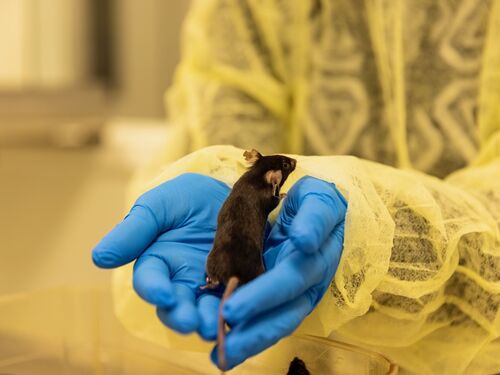In formation
The Adaptive Capacities for Transformation Initiative (The ACT Initiative, ACT) is a multi-phase effort that seeks to build the capacity of communities to collaborate on shared disaster-related priorities that affect their health and resilience.
Description
The Call
The report Advancing Health and Community Resilience in the Gulf of Mexico Region: A Roadmap for Progress outlines actions that can reduce the impacts of disasters on communities. Among these actions is a call for building the capacity of communities to collaborate on issues that affect their health and resilience before, during, and after disasters. Specifically, the report calls for collaborations that
are developed with communities,
focus on specific priorities,
support learning and engagement,
integrate with existing community activities,
build on the strengths within the communities, and
bring in new resources (such as data and funding).
Lastly, the report encourages the use of innovative and potentially transformative approaches to capacity building.
The Initiative
The Gulf Research Program (GRP) is developing The ACT Initiative as a multi-phase effort that builds the capacity of communities to collaborate on shared disaster-related priorities that affect their health and resilience.
Phase 1: Planning
Starting in 2025, ACT will bring together a variety of participants from disaster-affected communities in Houston, TX, New Orleans, LA, and Mobile, AL. Participants will be individuals from local nonprofits (such as community- and faith-based organizations), foundations, academic institutions, and government. Using an innovative scientific process, ACT will guide participants in creating a plan for collaboration based on their shared disaster-related priorities. This plan will include programmatic, funding, research, and policy actions that participants can take together. During this process, participants will explore “adaptive capacities” – a term that refers to the assets (strengths) that communities have and can use to reduce the potential impacts of disasters. While assets can be anything of value, ACT will focus on the knowledge, skills, abilities, resources, and strategies that participants have (that can contribute to a collaboration) and need (that can be obtained by a collaboration). Through this exploration, participants will create a plan to advance at least one shared disaster-related priority as a collaboration. At the end of this process, the collaboration will have an opportunity to develop all or parts of their plan into a proposal for funding upon approval.
Throughout Phase 1, ACT aims to better understand
the shared disaster-related priorities among participants that can ground a collaboration,
the unique adaptive capacities of each participant that add value to a collaboration,
the ways that adaptive capacities can contribute to and be obtained by a collaboration, and
the conditions that help build trust – the foundation for collaboration – among participants.
Lessons learned from Phase 1 will be used by the GRP and its partners to inform future investments (such as Phase 2) that can support disaster-affected communities in the US Gulf of Mexico and beyond.
Phase 2: Implementation
To be developed with participants.
Phase 3: Evaluation
To be developed with participants.
Phase 4: Sustainability
To be developed with participants.
ACT is funded by the GRP with additional support from the Robert Wood Johnson Foundation.
Contributors
Staff
Francisca Flores
Lead
Robert Gasior
Laila Reimanis
Daniel Burger
Sasha Allison
Denna Medrano
Paul Hong
Taylor King
Major units and sub-units
Gulf Research Program
Lead
Gulf Health and Resilience Board
Lead
More like this
Discover
Events
Right Now & Next Up
Stay in the loop with can’t-miss sessions, live events, and activities happening over the next two days.
NAS Building Guided Tours Available!
Participate in a one-hour guided tour of the historic National Academy of Sciences building, highlighting its distinctive architecture, renowned artwork, and the intersection of art, science, and culture.

